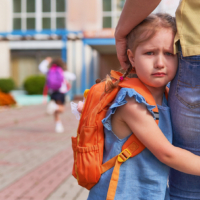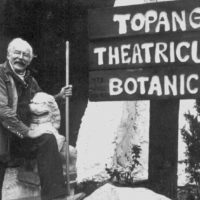Journal Focuses on COVID-19’s Impact on Indigenous Communities
Associate Professor of Public Policy Randall Akee guest-edited a special issue of the American Indian Culture and Research Journal that focuses on the impact of the COVID-19 pandemic on indigenous populations. “COVID-19 and Indigenous Peoples: Impact of and Response to the Pandemic” is the first of two special issues that include articles, reviews and commentaries by American Indian scholars and researchers in the field. American Indian communities have been hit disproportionately hard by the pandemic, experiencing death rates 1.5 times higher and infection rates 3.5 times greater than those for non-Hispanic whites. Akee and co-editors Stephanie Carroll and Chandra Ford wrote in the introduction that “the structural racism of colonialism is the driver of myriad negative outcomes for Indigenous Peoples, and the effects of COVID-19 are no exception.” The journal issue highlights the deep impact of the pandemic on indigenous communities as well as their resilience, and points to the importance of self-determination in preserving the well-being of these communities. The issue also compares the public health responses in different countries and how factors including racism, ableism, historical injustice and unfair resource allocation have contributed to the impact of the pandemic on different indigenous communities. The authors stress the need for public health responses that are culturally appropriate and respectful in order to support indigenous communities and their traditions. Akee said the forthcoming second special issue on COVID-19 will feature “emerging, innovative models of health care, access and service for effective public health responses to the needs of Indigenous communities.”










Leave a Reply
Want to join the discussion?Feel free to contribute!